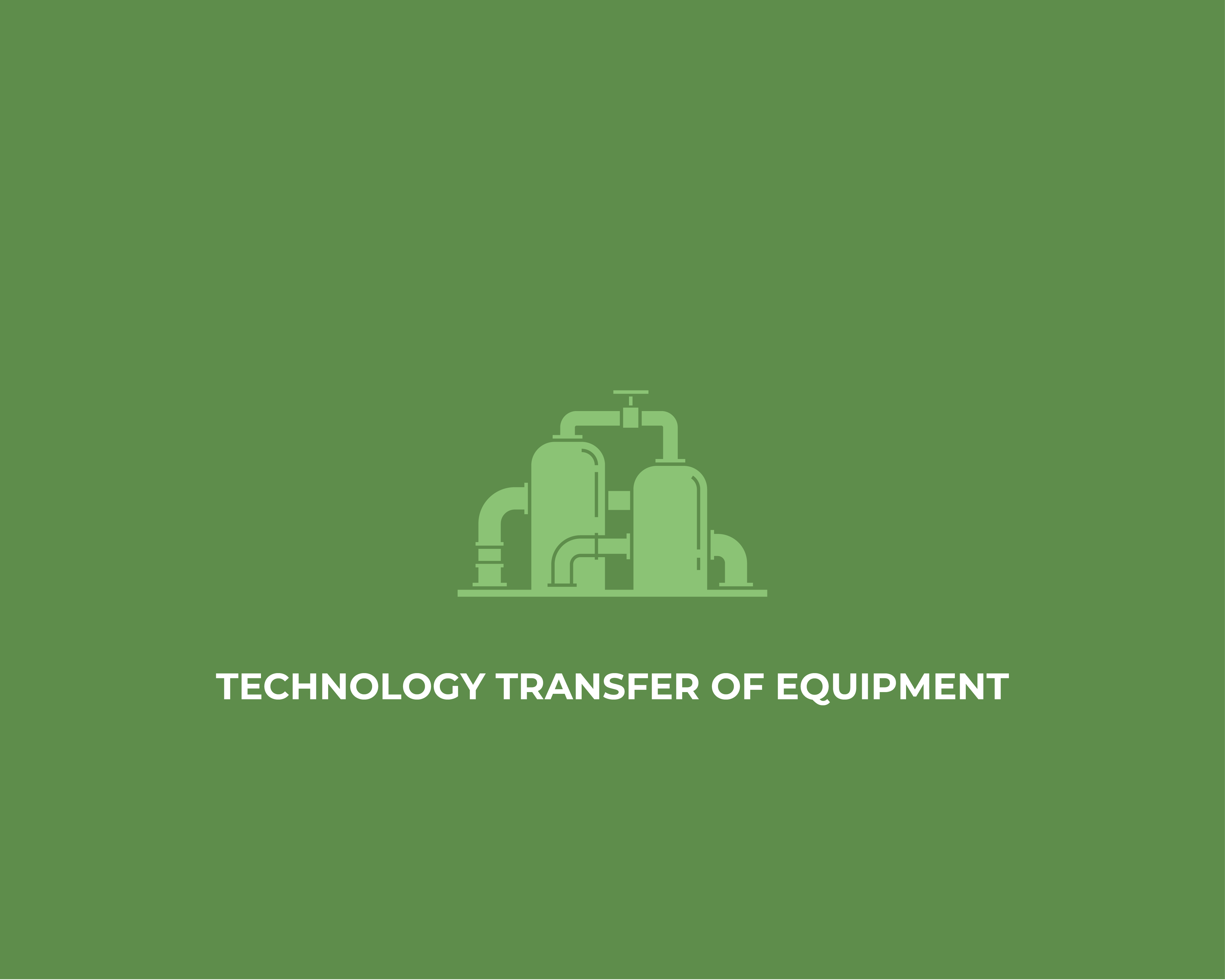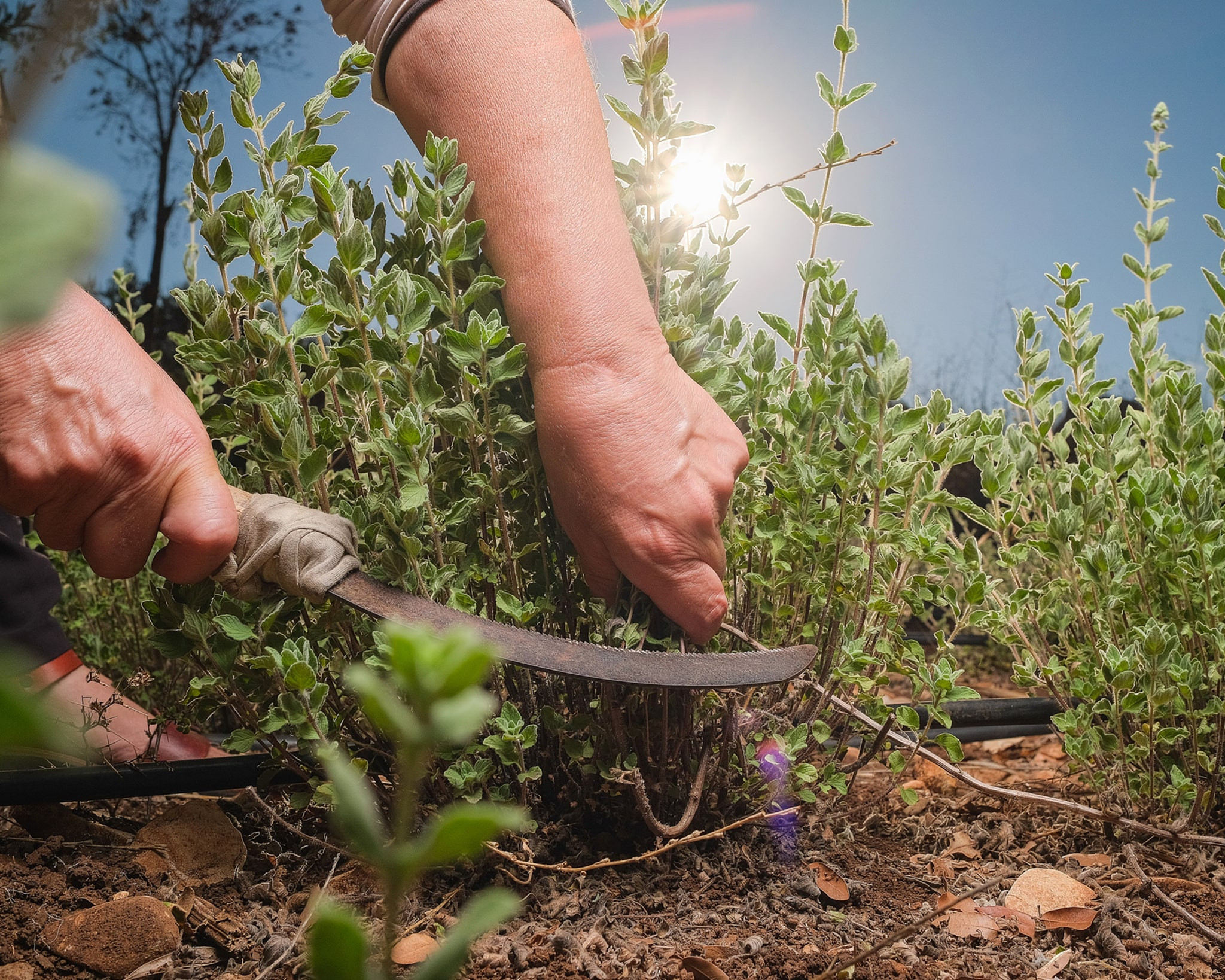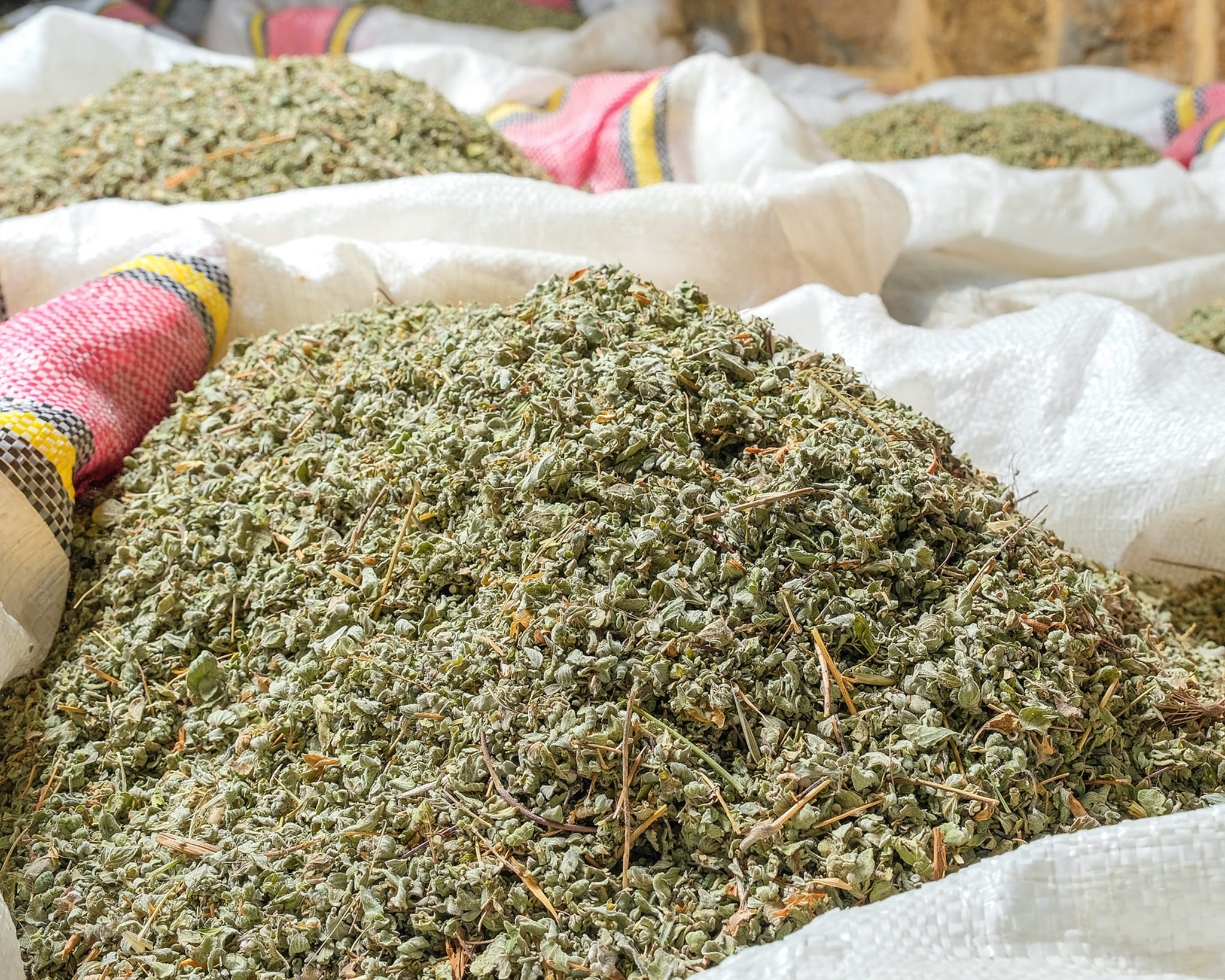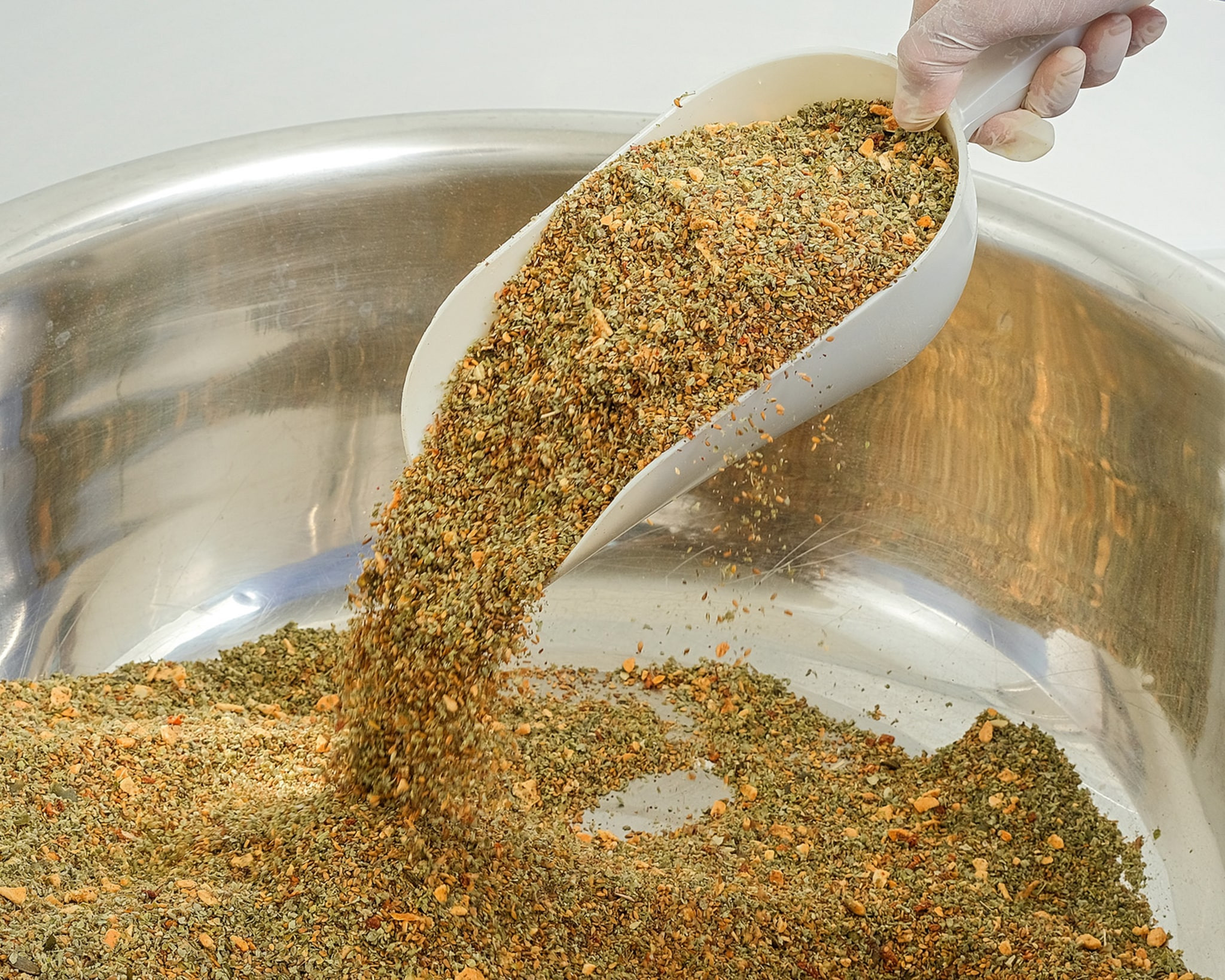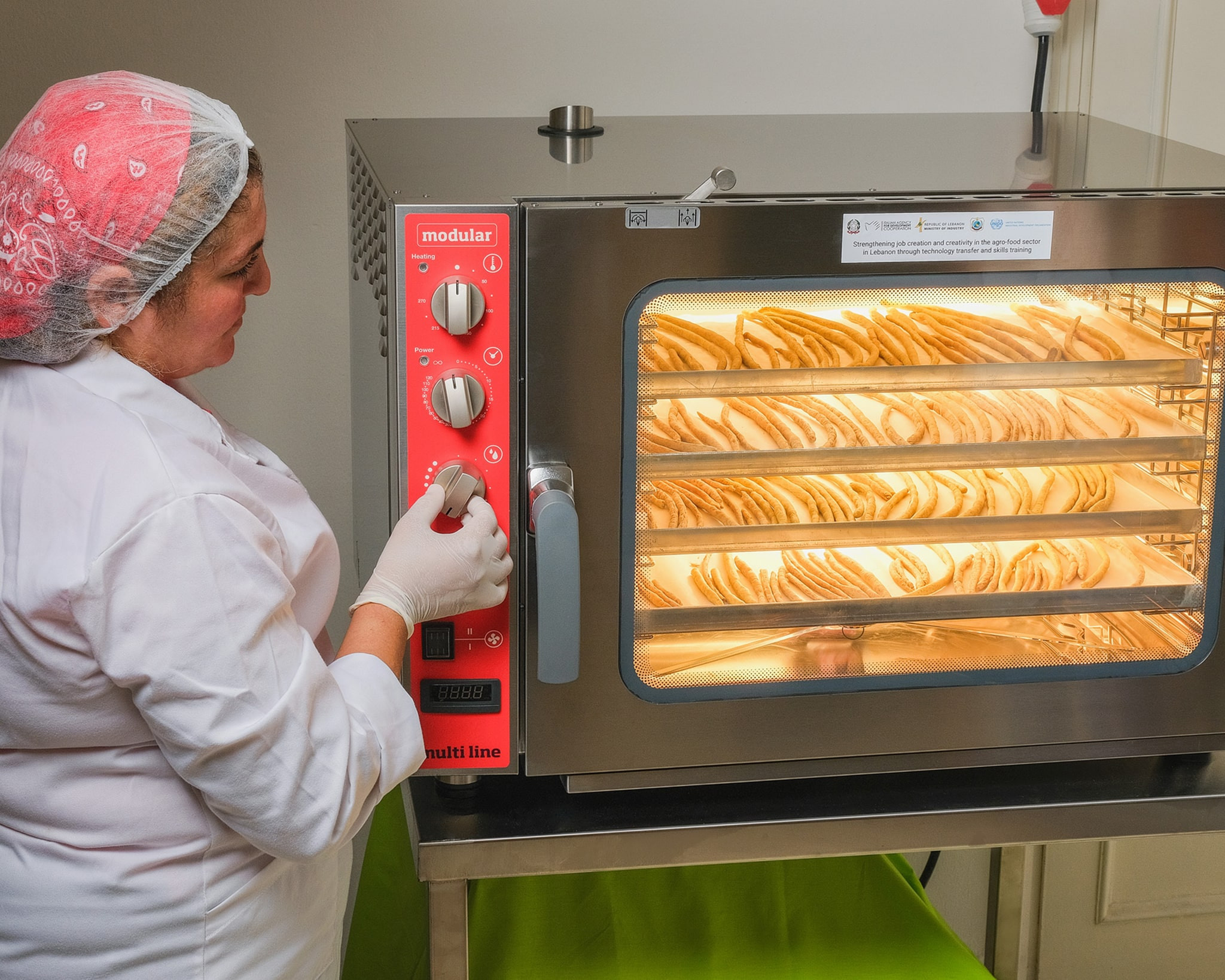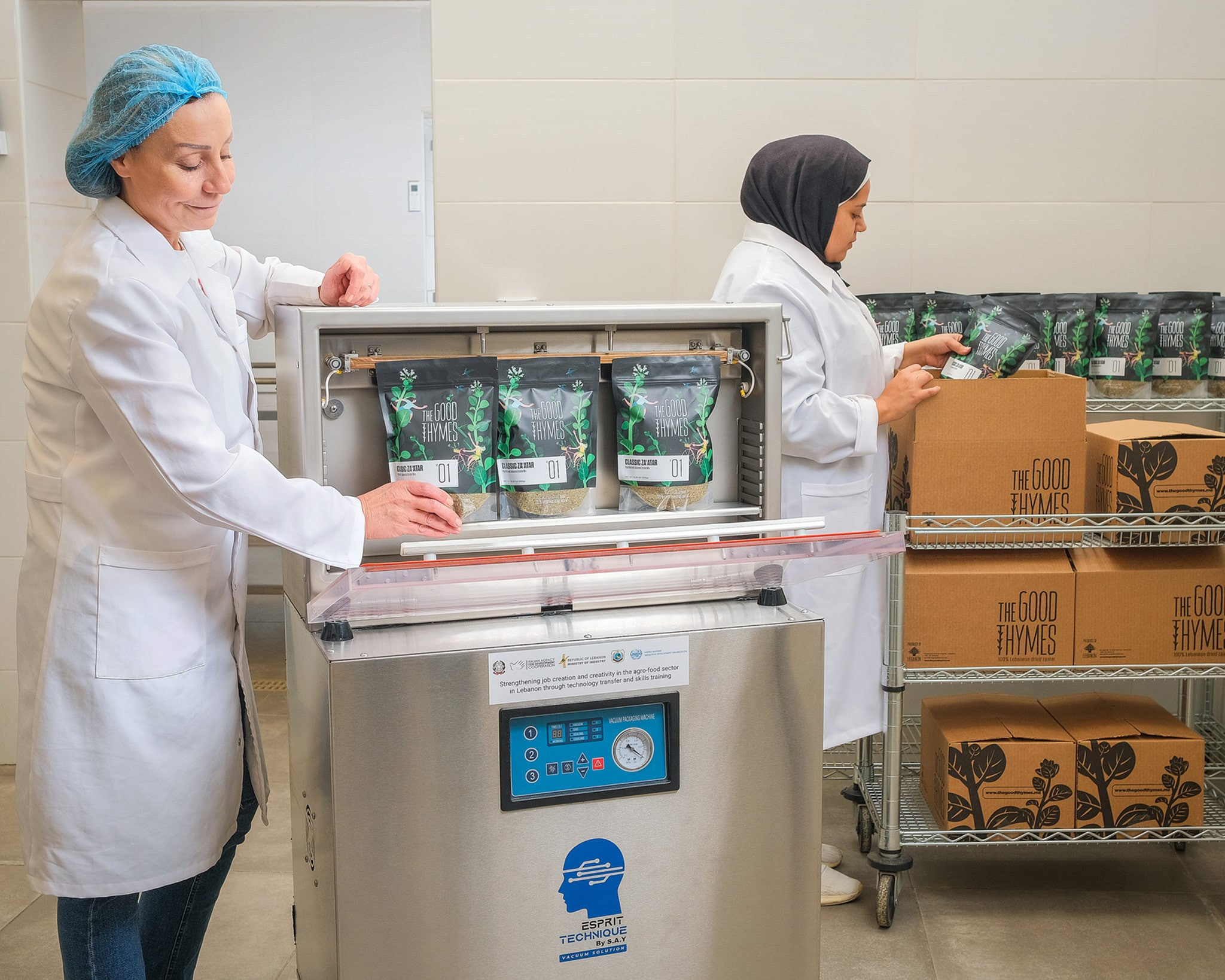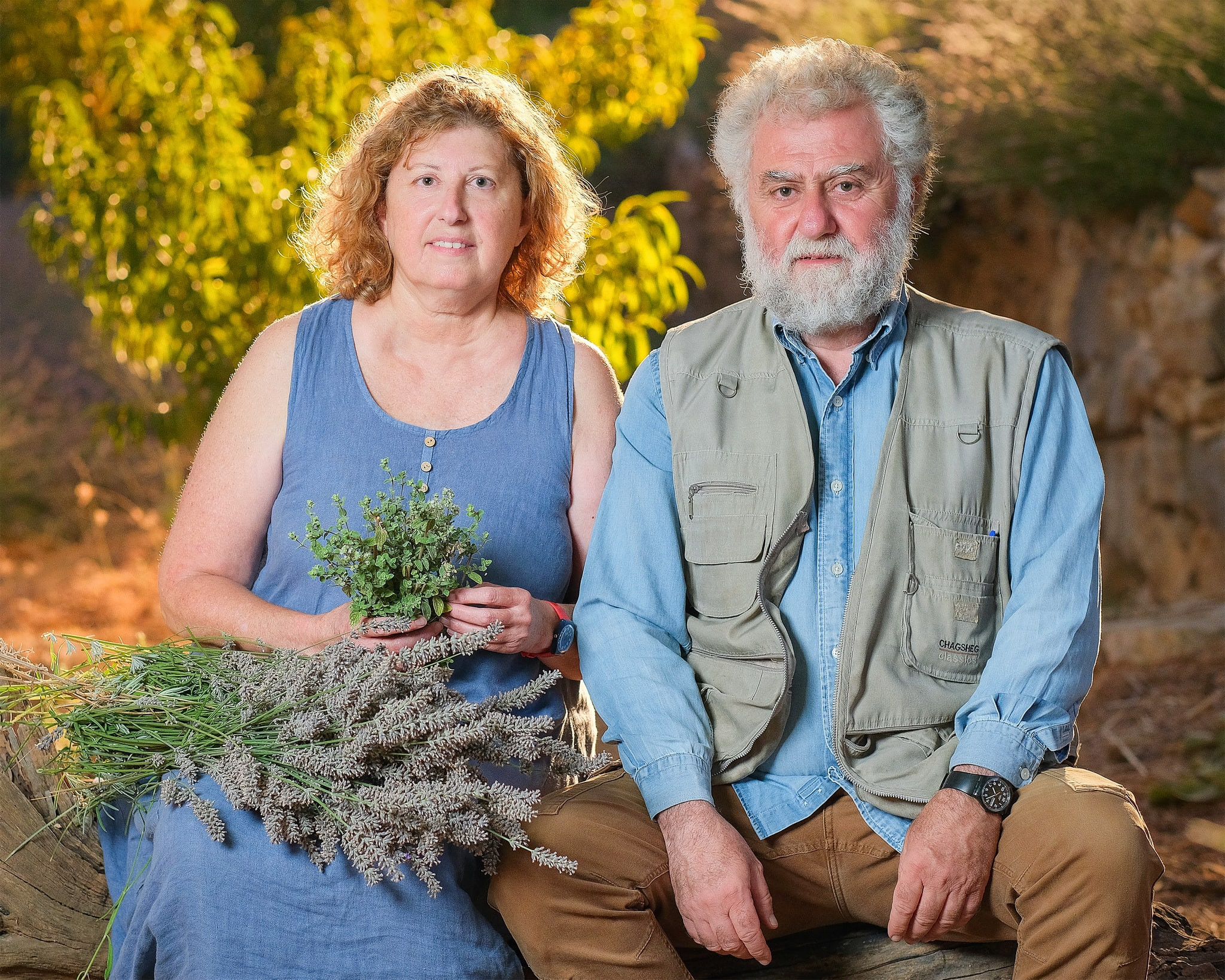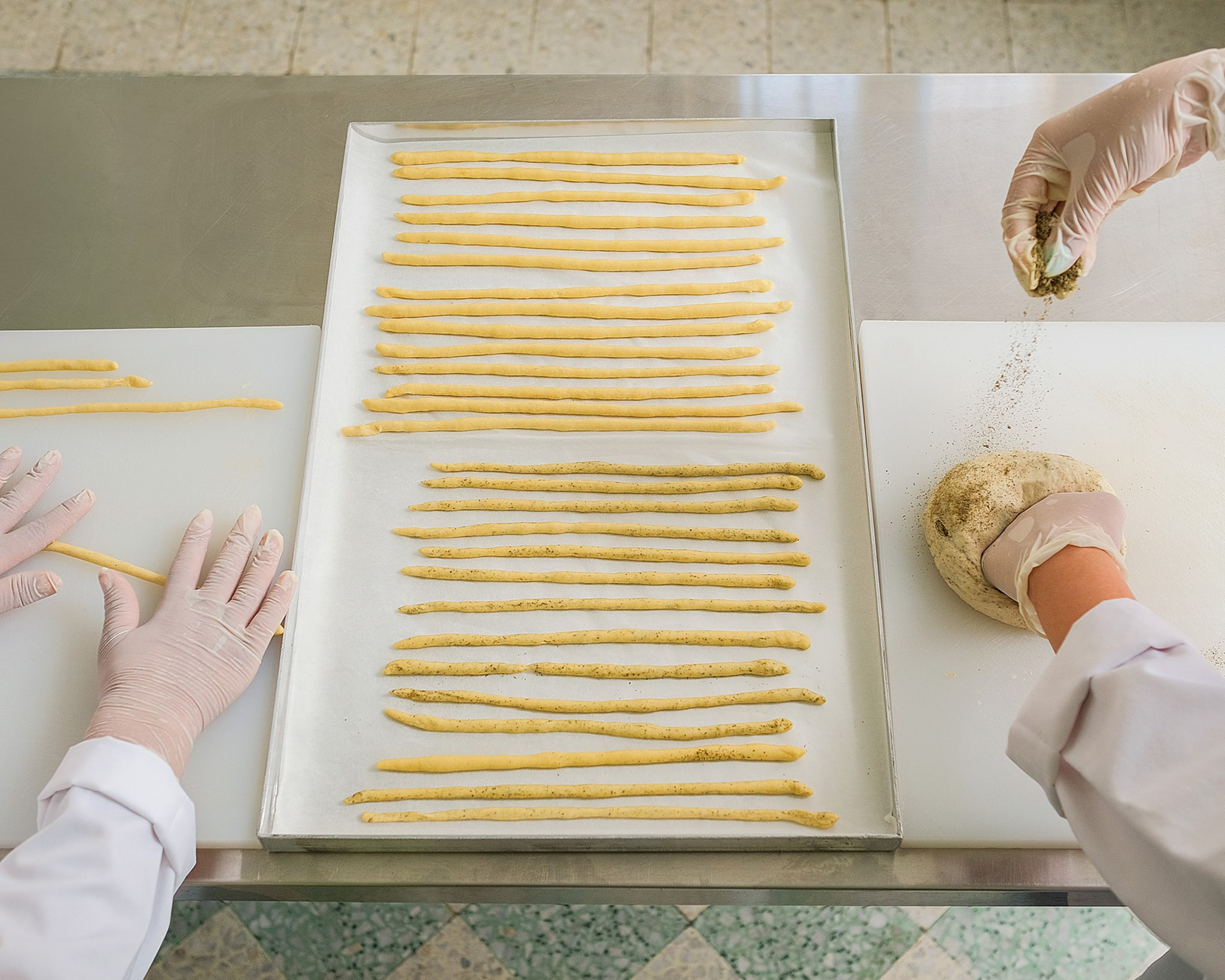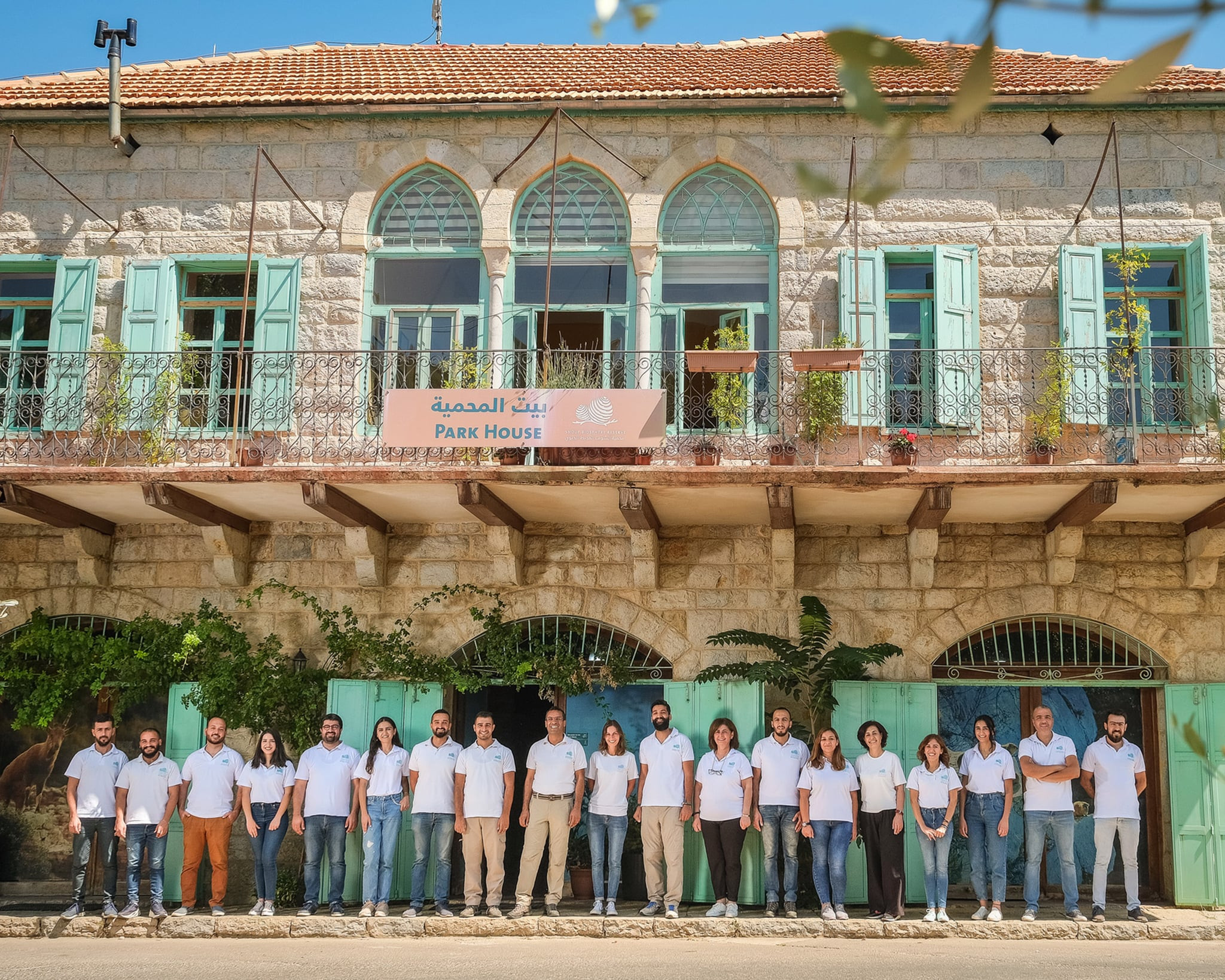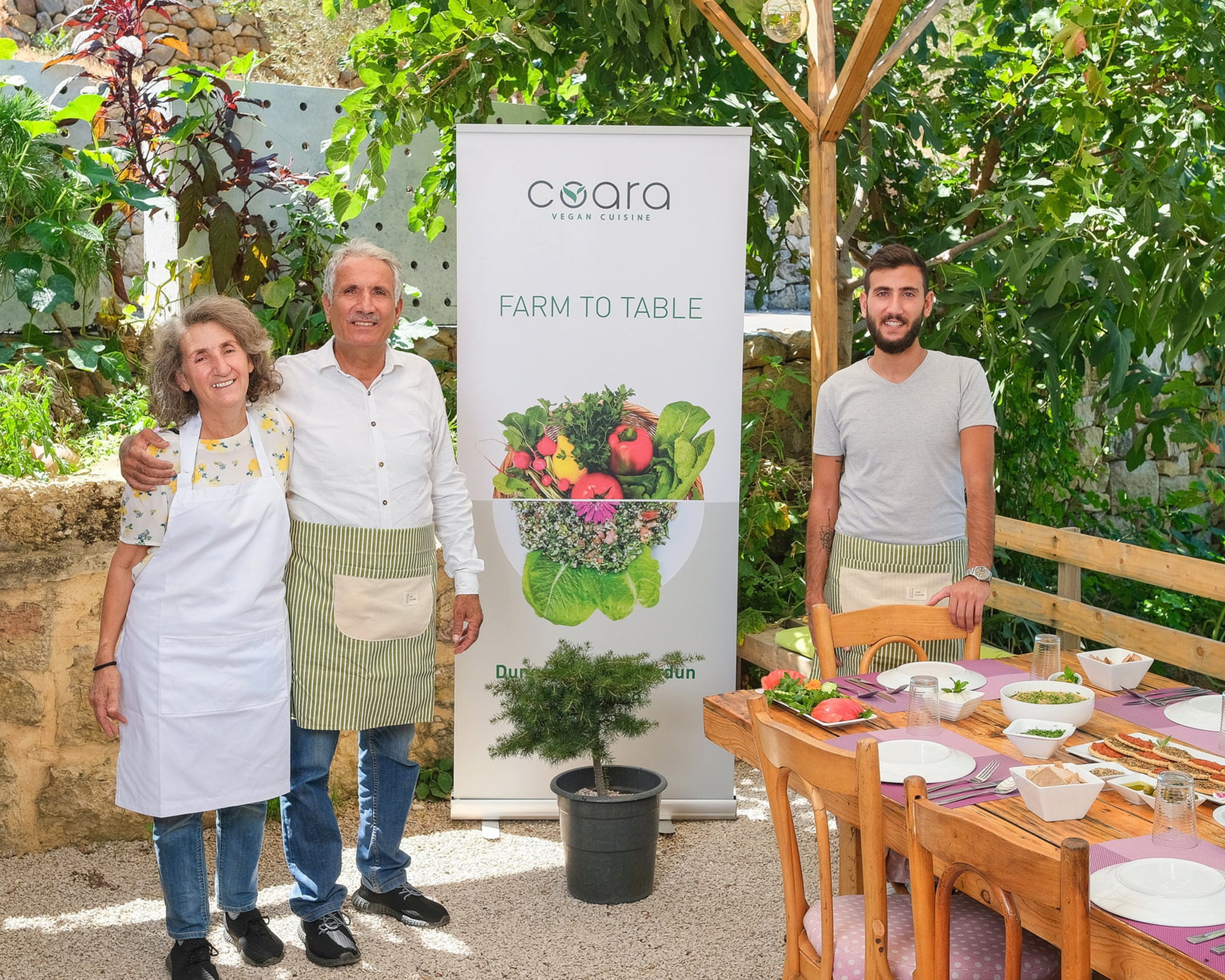THE PROJECT
In view of the long term structural challenges that Lebanon is facing as well as the profound effects that the subsequent crises are having on its economy (the Syrian crisis since 2011 and more recently the monetary and economic crisis), there is ongoing need to support job creation and inclusive economic growth especially for the productive sectors of the Lebanese economy, industry is one of them, in particularly the agro-food sector having the highest potential to stimulate job creation, economic opportunities and growth especially for the most vulnerable in rural areas.
Since 2011, the Community Empowerment and Livelihoods Enhancement Project (CELEP), funded by Italy, implemented by UNIDO in partnership with the Ministry of Industry in Lebanon, and in coordination with the Ministry of Agriculture, has focused on helping the local micro-, small and medium sized enterprises (MSMEs) and agricultural cooperatives to cope with the crises and improve their manufacturing capacities; hence, enhancing the livelihood of their communities; especially Women in rural areas.
CELEP’s three phases of implementation have provided support to 82 MSMEs and 25 agricultural cooperatives in the form of the procurement of specialized equipment, civil works, capacity building development, innovation, and market access and more than 5,000 individuals have been engaged in different activities organized by the project.
The “Mazeej” initiative is the core of the fourth phase of CELEP, which aims to improve the manufacturing capacity of 26 Zaatar producers in rural regions and sustain the business models of the Zaatar farmers by turning traditional farming into a sustainable wide-scale production process. Mazeej not only enhances the farmers’ and producers’ living standards but ensures socio-economic integration, rural development and the sustainability of the Zaatar eco-system in Lebanon.
Copyright © 2021 All Rights Reserved

